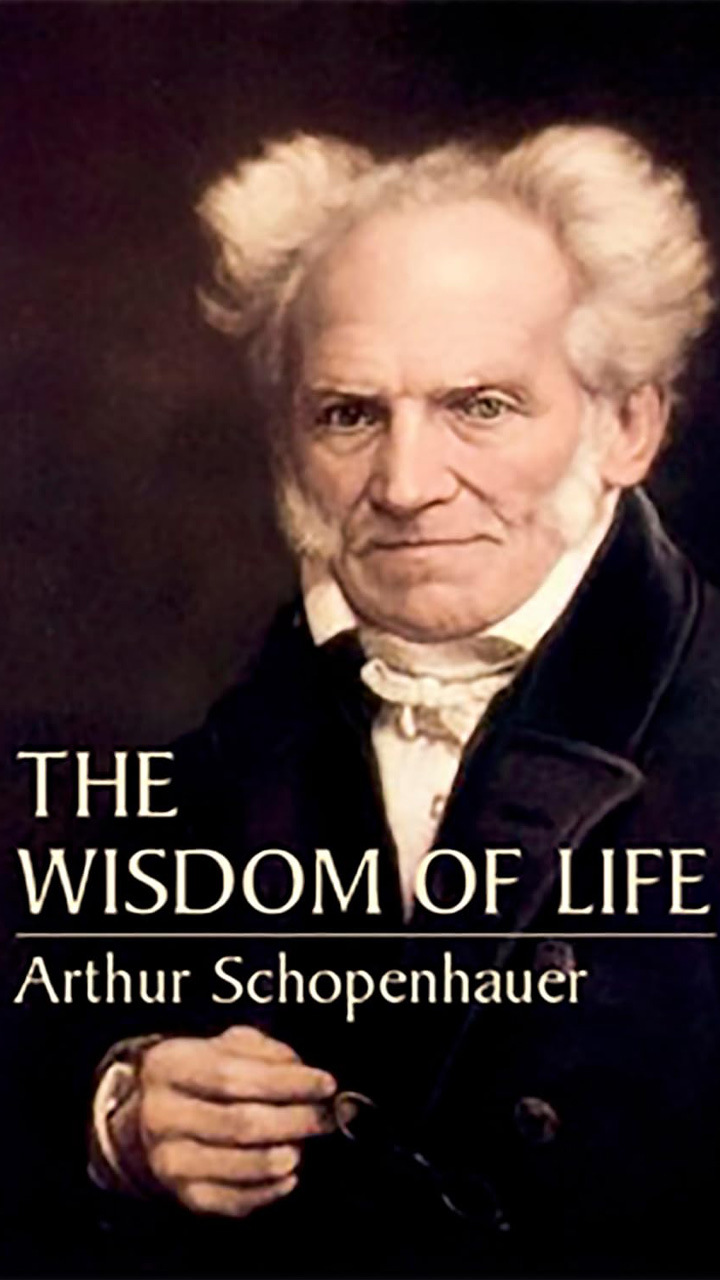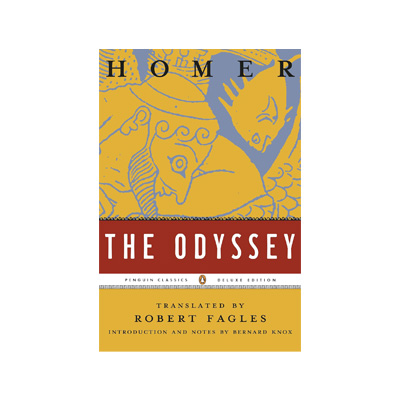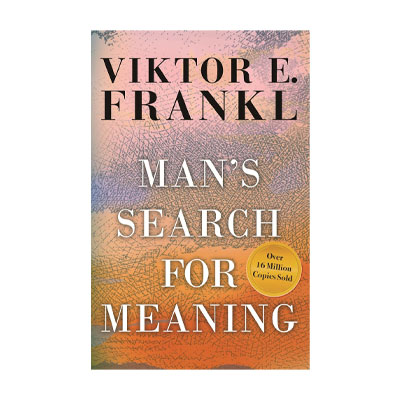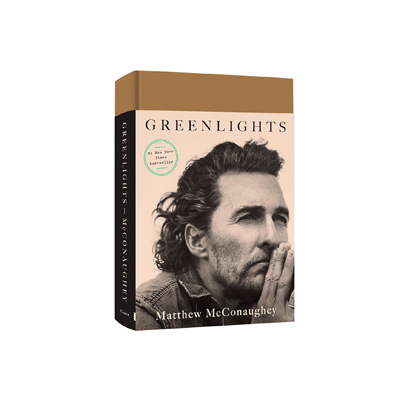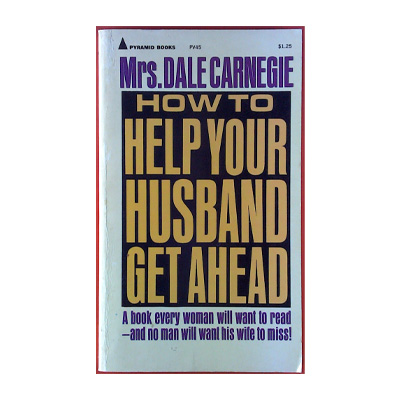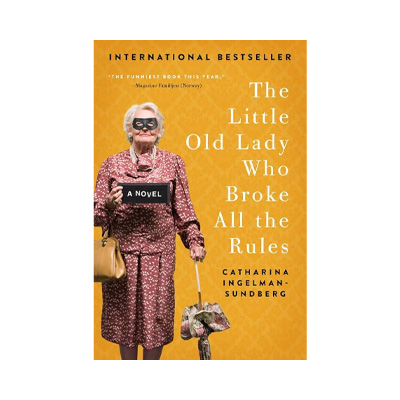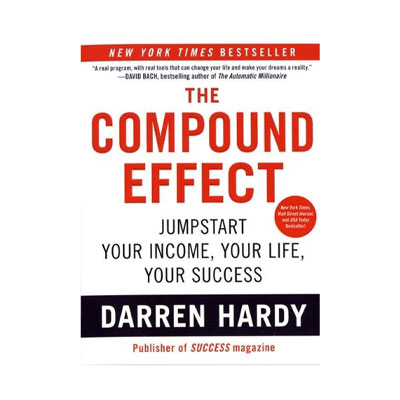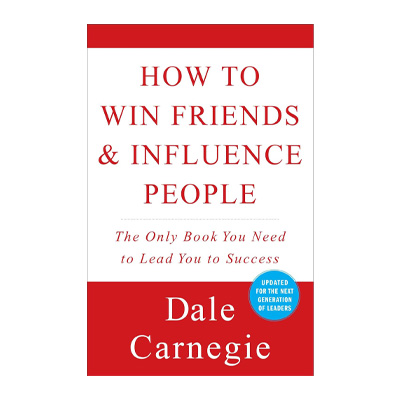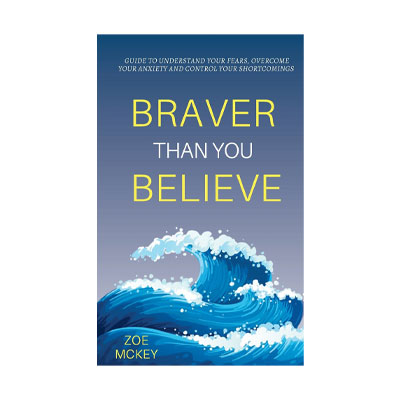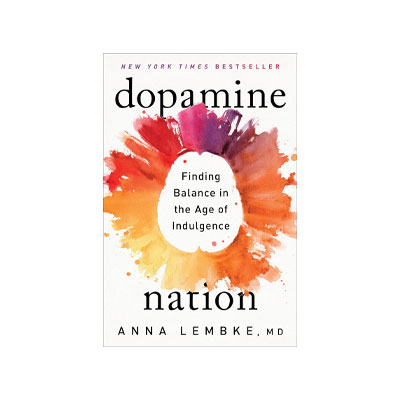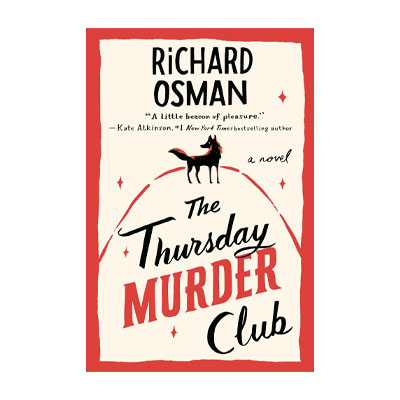Book Summary
Arthur Schopenhauer, in his book "the Wisdom of Life" discusses a notion of happiness for humans that is somewhat different from the concepts previously associated with this word. Many recognize Schopenhauer for his dark philosophy, which asserts that in the contemporary world, evil has always triumphed over good, and history is replete with various forms of corruption, war, and darkness. One prominent aspect of Schopenhauer's writings, which is clearly evident in this work as well, is his simplicity in writing, despite the fact that everyone knows he is one of the most distinguished philosophers in history. Nevertheless, this unique characteristic allows readers to feel a strong connection to the author's intent while reading his works, thereby grasping the essence of his message.
In the early pages of his written work, Schopenhauer refers to the common misconception many people have about the concept of happiness, stating that the more a person is rich and fulfilled from within, the more their expectations from the external environment and other people diminish to zero. In other words, he emphasizes the human mindset as the source of people's worldviews, asserting that external conditions, regardless of their good or bad nature, have no effect on individuals' happiness or unhappiness. He also discusses two aspects of happiness: one being the objective reality of human happiness and the other being the subjective perception that people have of it. At times, the philosophy he presents regarding happiness becomes darker, describing it as an illusion or myth.
Another concern of Schopenhauer is not to fight against the fundamental nature of life and humanity but rather to accept what we are. He wishes for individuals to reduce their suffering in life through a precise understanding of this acceptance. The importance he places on solitude, which he considers one of the best methods for individuals to reach their true selves, is a very interesting and thought-provoking point that he staunchly defends with various arguments. In another part of his explanation, he neither regards humans as completely creators of their lives nor as powerless against their destinies; instead, he sees them as existing within a life that results from a series of predetermined events and human decisions, likening life to a game of chess. In the later sections, Schopenhauer reflects on different stages of life from childhood to middle age and old age, discussing people's perspectives at each of these time periods.
About the Author
Arthur Schopenhauer was born on February 22, 1788, in Poland. Having lost his father to suicide at the age of 17, he did not have a good relationship with his mother throughout his life. Due to concerns about contracting cholera, he moved from Berlin to Frankfurt, where he was living at that time. This highly esteemed philosopher published works such as "The World as Will and Representation," "On Women," and "On the Freedom of the Will," and ultimately passed away at the age of 72 in Frankfurt.
Who Should Read the Book?
Reading this distinctive book on the wisdom of life is recommended for all individuals who are initially in search of happiness and seek solutions for finding it within themselves and their lives. Additionally, for those who wish to grasp a more precise and indeed different concept of happiness and make it their guiding principle for joy during various moments, reading this book is highly advisable.
Table of Contents
The forthcoming book presents its concepts across six chapters by a powerful author, which can be introduced with the following titles: 1. Classification of Topics 2. About What We Are 3. What Belongs to Us 4. What We Appear To Be 5. Advice and Principles for Adhering to Wise Rules 6. Differences Among Humans at Various Ages.
Book Quotes
Life is like a game of chess. We devise a plan, but its execution is contingent upon the moves made by the opponent at will. This opponent in life is fate. The fundamental difference between youth and old age is that in youth, we have life ahead of us, while in old age, we face death. However, one must ask which is more difficult and whether it is generally better for a person to have lived life rather than to have it ahead of them.
The events of our lives resemble images in a kaleidoscope, revealing something different with each turn, yet fundamentally presenting the same thing before our eyes.
Happiness and pleasure are mirages that can only be seen from a distance; when we approach them, they disappear. In contrast, suffering and pain are realities that directly represent themselves, requiring neither illusion nor expectation. Now, if this teaching bears fruit, we will no longer seek happiness and pleasure; instead, our aim will be to minimize pain and suffering as much as possible.
The difference between self-importance and pride lies in the fact that pride is a firm belief in one's extraordinary worth in a specific context, while self-importance is the desire to create such a belief in others and is often accompanied by the hidden wish to ultimately reach that belief ourselves. Therefore, pride originates from within a person and results from direct appreciation of oneself. However, self-importance is an effort to gain appreciation from the outside; it is an indirect way of achieving acknowledgment. Hence, self-importance makes a person talkative while pride makes one less so.
A person who is mentally rich and seeks a peaceful life with contentment tends to withdraw into solitude after a brief acquaintance with those who are supposedly their peers. If they possess a high level of consciousness, they choose solitude. For the more substance a person has within themselves, the less they seek from the outside, and others can offer them less as well. Thus, high consciousness leads to social withdrawal. Indeed, if the quantity of society could replace its quality, even a large community would be worthwhile to live in; however, unfortunately, mingling with a hundred ignorant individuals is not comparable to associating with a wise individual.
What lies within our power is only to make the best use of our innate character; therefore, we should only pursue activities that align with our character and strive to learn what suits our personality while avoiding all other forms of education. Consequently, we should choose social status, occupation, and a way of life that harmonizes with it.
At the end of life, what happens is akin to what we observe at the conclusion of a masquerade ball. Masks are removed from faces, and now we see who those were that interacted with us throughout life because now individuals reveal their true selves; actions have borne fruit, achievements are fairly appreciated, and all deceptions have crumbled—this all takes time.
To live among humans, we must acknowledge the right to exist for everyone, regardless of their attributes, no matter how abnormal they may be. We can only strive to utilize their characteristics based on their type and quality; we cannot hope for their change nor condemn them as they are. This perfectly exemplifies the proverb: live and let live.
What drives people towards crowds is their inability to endure solitude and themselves in loneliness.
Thus, anyone who does not love solitude does not love freedom either because only in solitude are we free. Coercion is an inseparable companion of any group; every group requires individuals to renounce their individuality, and the more valuable an individual's individuality is, the harder it is to relinquish it for the sake of the group.
In life, we are like travelers who perceive objects differently with each step they take forward compared to what they saw from afar. As objects come closer to us, they change. Especially regarding our desires, we often find something entirely different or even better than what we sought. We also discover our desires through better paths than those we initially set out on to achieve our goals—particularly when pursuing pleasure, happiness, and joy. Instead, we gain wisdom, insight, and understanding.
